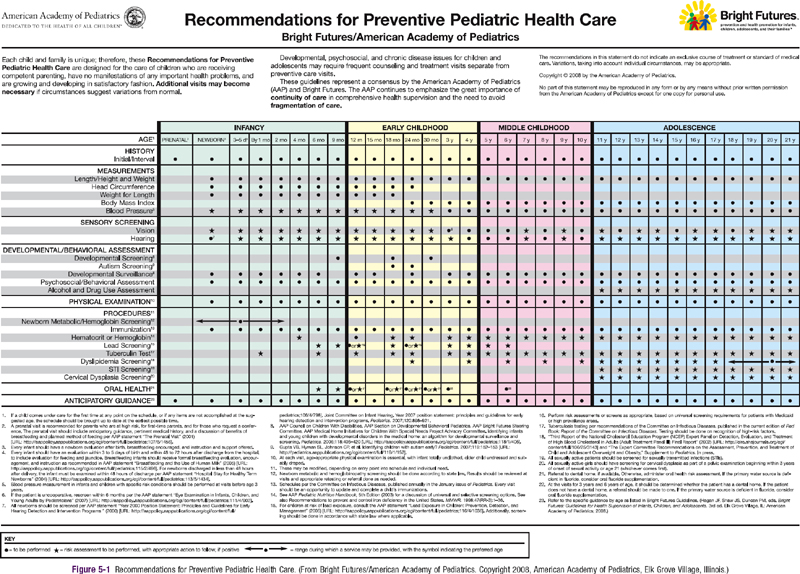

After that, the visits can occur on an annual basis. Then we like to see kids when they are 15, 18, 24 and 30 months of age. This happens at months 2, 4, 6, 9 and 12. Then you should come in again five times before his or her first birthday. We ask to see a newborn a few days after delivery. There is a set schedule for parents to follow for well child visits in this age range. Make an appointment: Preventive care from Sanford Children’s Parents typically have a lot of questions during this time frame, and we are here to help. Regular checkups allow providers to stay in contact with patients and families regarding these issues and any other concerns they may have.

What takes place at a well child visit for kids ages 0-3?ĭuring the first months and years of life, growth and development are happening rapidly. Here, Sanford Health physicians Krista Hoyme and Laura Whittington offer advice on scheduling well child visits and what to expect. They give the provider, parents and child an opportunity to talk about nutrition, safety, immunizations and many important age-appropriate topics.
#Do you schedule well child visits for 10 year olds how to#
Ask for resources and tips for how to talk to your child or teen about hard or uncomfortable topics.A regular check-up for a child under the age of 18 is often referred to as a “well child visit.” These visits help ensure that infants, children and teens are getting the proper care they need to stay healthy.If your child has a learning disability, he or she may need accommodations or extra help to be successful. Your doctor or healthcare provider may be able to tell you if your child needs to be tested for a learning disability or if it’s probably something else affecting him or her. Was there a life event or something that happened at the same time your child’s grades started to go down? Or have they just steadily gone down as your child gets older?.Reading level-is your child reading at grade level?.How is your child doing in school? Is this similar to how your child has always done or have your child’s grades dropped?.Does your child have a hard time making friends?.Does your child get in trouble or have behavior problems in school?.Does your child behave better at home than at school?.Do you feel like there is a big difference between your child’s grades in school and how much information your child actually knows?.Are there issues in school you think may be affecting your child?.
Talk to your doctor if your child is having a hard time in school. What behaviors are normal at each age and what type of behavior should you be concerned about?.How will you know if your child needs to talk to a therapist?.Ask for resources and tips for how to talk to your child about hard or uncomfortable topics.Emotional, physical, and social health and well-being.Your child needs a wellness checkup every year.They want to help you be the best parent you can be. Your doctor or healthcare provider won’t judge you or think badly of you. Your doctor can also help you find community resources if you don’t have the things you need to take care of your child, enough food, a safe place to live, or health insurance. Your doctor can help you find resources if you’re feeling overwhelmed or are having a hard time with something. Ask for a paper or emailed copy of any information you need. Write down any questions you have or things you want to talk about with the doctor, so you don’t forget.Call your child’s doctor right away if you are worried about something - don’t wait until the next checkup.Your doctor can also help you find community resources if you don’t have the things you need to take care of your child, enough food, a safe place to live, or health insurance (like 2-1-1 ). Your doctor can help you find resources if you’re feeling overwhelmed or are having a hard time with something (like Zero to Three parent resources or the 988 crisis line ). Your doctor or healthcare provider won’t think any question or concern is silly-and has probably been asked and explained it many times before. Tell your doctor if you don’t know or understand how to do something correctly, even if this isn’t your first child. Never be afraid or embarrassed to ask questions or talk about your concerns.Medical information is hard to understand-for everyone. Always tell your doctor if you don’t understand what he or she says or what you need to do.


 0 kommentar(er)
0 kommentar(er)
